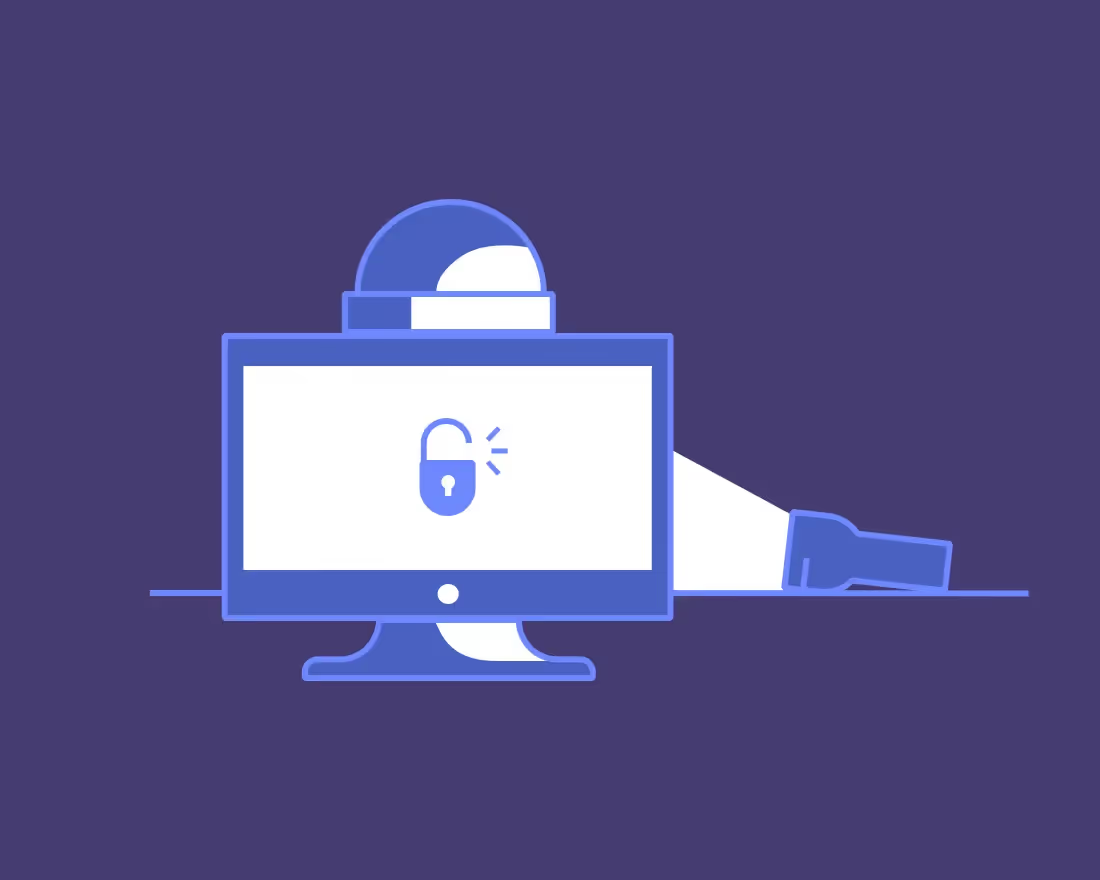
What you don't know should scare you: Cybersecurity is an industry that is booming — in part due to the massive increase in major data breaches.
In the first half of 2018, data breaches increased by a whopping 1,751% compared to the first half of 2015. Even the most reputable corporations are falling victim (hello Facebook, Uber, Healthcare.gov), exposing either your personal information or your business’s data to criminals all over the world. It’s become a global epidemic, and protecting our online privacy is something we need to approach far more proactively than we ever have in the past.
We’ve created this basic, easy-to-follow guide (above) that talks you through the statistics on cybercrime, the types of crimes committed on the internet and finally, ways you can avoid them. Obviously, cyber crooks are becoming more and more skilled at getting behind security firewalls and protections of the past, so staying up on the latest “best practices” in online security is key. This guidebook was made in partnership with our friends at Hotspot Shield, an app for secure online browsing, to keep your private data just that — private. We tapped their decades of collective knowledge on the subject of cybersecurity, so your information has a better chance of staying secure. Read on to learn more.
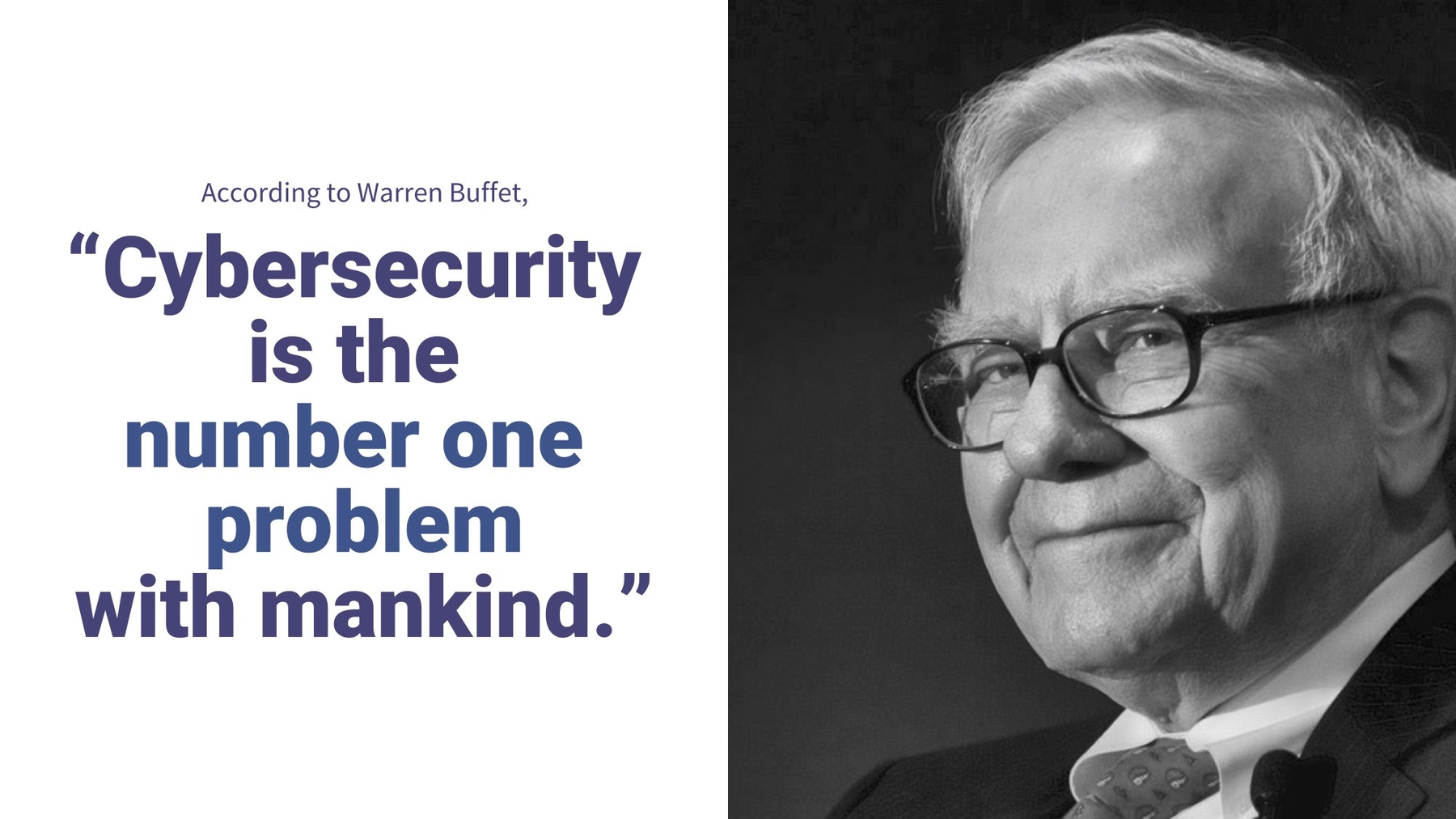
We’ve all heard of American business magnate, investor, speaker and philanthropist Warren Buffet, and it’s fair to say that he’s a pretty smart individual. (You kind of have to be to be worth over $85 billion, right?) According to Buffet, cybersecurity is the “number one problem with mankind,” potentially even more dangerous than nuclear weapons. How so?
Well, technology is improving at a rapid rate. We don’t keep our money under the mattress anymore — meaning a clever hacker can find new ways to steal your hard-earned cash without ever picking up a crowbar.
And we make it easy for them.
With social media and our appetite to post everything we do, eat, and visit online—as well as our birth dates and details like our kids’ names—it takes a cybercriminal just a few minutes of searching to find an awful lot of information about us. This can then be used to steal your identity, or to help discover your password to log into your online banking account, or any number of other malicious attacks.
By 2021, the damages from cybercrime are set to hit $6 trillion. And any dollar amount with a “t” in it is kind of a big deal. When you consider that just last year the number was still in the billions, you can see how dangerous this is — and why Buffet is so concerned.
So what types of cybercrime should we be aware of, and how do we protect ourselves?
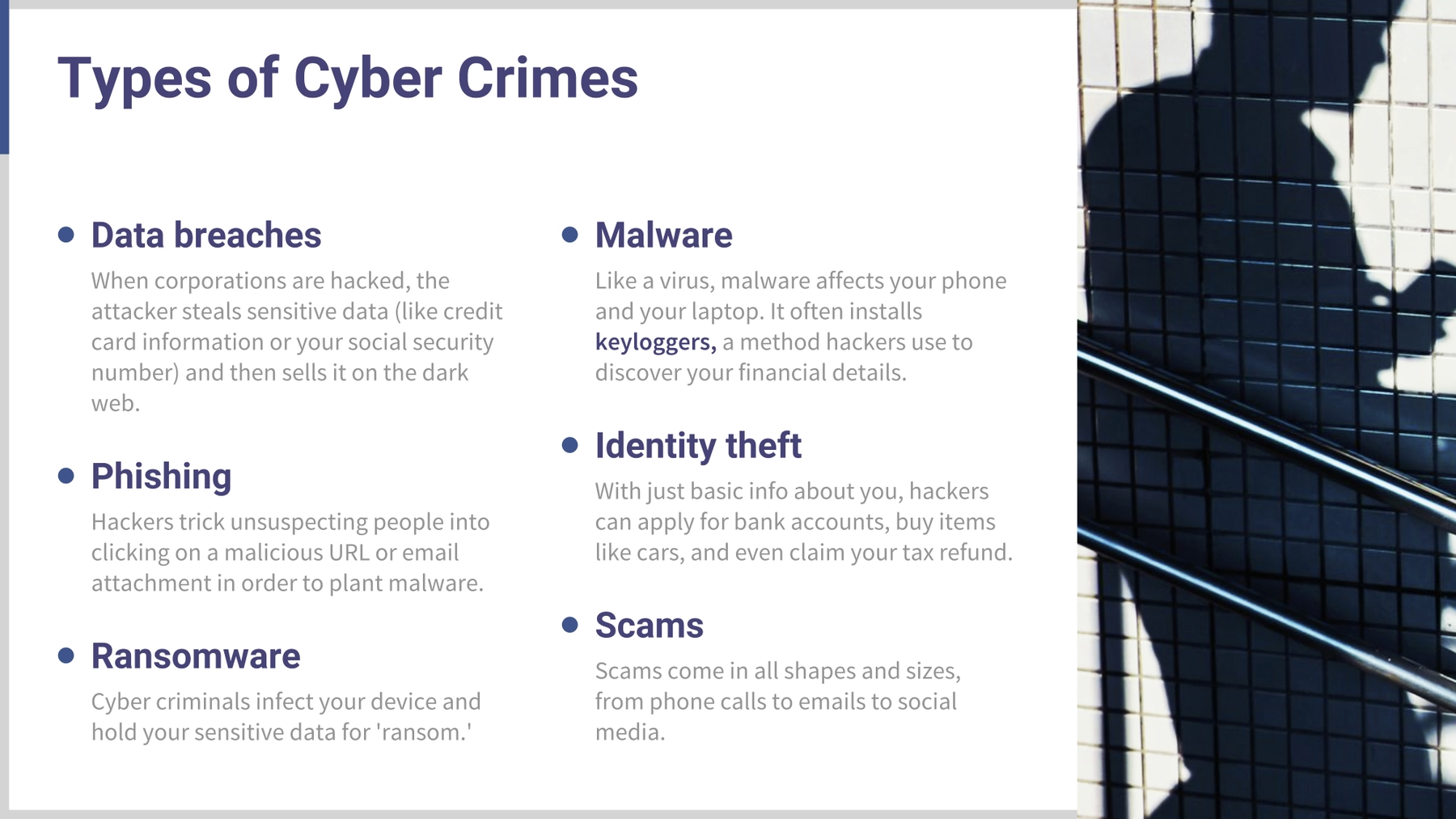
CYBER CRIME #1: DATA BREACHES
Firstly, there are data breaches—like the giant Equifax breach or the Yahoo email breach that affected billions of people around the globe—but in truth, it’s difficult to protect yourself against corporate data breaches. After all, you’re at the mercy of the corporation that is charged with keeping your sensitive data secure. The only way to improve that is to push lawmakers to impose better regulations to help protect users.
CYBER CRIME #2: PHISHING ATTACKS
Phishing attacks are the most common way people get hacked. You likely receive a phishing email every day (otherwise known as "spam," with a malicious link designed to infect your device with malware. Once the malware is installed, a hacker can often watch everything you do online, including when you log into your bank account).
Phishing attacks come in many forms — emails that look like they’re from a legit company, fake websites, and more.
To protect yourself, never click on random, suspicious-looking links, even if you know the sender. Look for spelling errors or logos that appear wrong. Study the sender’s email address and make sure it is correct. For instance, instead of support@apple.com, it may be nominalapapunjokowiforlf0do8w5tcfulk@review-subscription.net(yes, that is the actual email address from an Apple Support scam we received recently!)
Also, be wary of fake websites created to trick unsuspecting shoppers into giving their credit card details. Again, check the URL and look for basic grammar errors. Also, if a price seems WAY too good to be true (like 75% off compared to everywhere else), this is a blatant red flag and you should avoid this site.
CYBER CRIME #3: RANSOMWARE
A ransomware attack is where your personal data is effectively held hostage by a hacker. To release your files, the hacker will request money. Ransomware attacks occur every 14 seconds (think about that for a moment!) and affect both businesses and consumers.
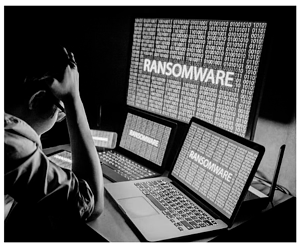
In fact, players of the popular video game “PUBG” were recently hit with ransomware. In this case, the results were more funny than dangerous; victims were told they could have their data back if the played more PUBG. In most cases, however, this is not the case. People get held for ransom to prevent the release of things like private photos or emails.
To reduce the risk of becoming a ransomware victim, follow the same steps as laid out above with phishing attacks. If you are a victim, the most important thing to remember is to never pay up. Once you pay the hacker, they’ll just ask you for more money—and you’ll become a prime target for other hackers. Contact law enforcement for help.
CYBER CRIME #4: MALWARE
Malware is effectively a virus. It gets injected onto your system via things like phishing attacks and is then often used to monitor what you’re doing online, discover your passwords, place pop-ups for shady advertisers, and so on.
To avoid malware, again, follow the prevention tips for phishing attacks, like never clicking on spammy links. Also, make sure you have a strong antivirus on your computer and a trusted VPN app to help block malicious websites and notify you of any potential malware on your device — both on your mobile and desktop. Yes, your phone is just as susceptible, and yet people generally don’t adequately protect their cellular device.
CYBER CRIME #5: IDENTITY THEFT
We hear a lot about identity theft and chances are you may have faced identity theft or know someone who had their identity stolen yourself. In 2017, 16.7 million Americans had their identities stolen. In total, 60 million Americans (out of a total population of around 327 million) have been victims of identity theft.
So how do we get targeted, and why is it becoming more prevalent?
Well, people are online more than ever before, sharing personal information on social media and other sites. We’re more likely to fall for phishing attacks as the quantity and sophistication of those efforts have risen dramatically.

What this means is, via malware and phishing, a cybercriminal can discover your social security number. And by then perusing your social media accounts, there’s a decent chance they can learn your birthday, your kids’ names, where you live, and so on. Effectively, they can find enough information to pose as you and open up accounts in your name.
To prevent identity theft, make all your social media accounts private, and be careful what you post. Do not send sensitive information like your Social Security Number via email, even if you know the person you’re sending it to. And as I keep saying, don’t fall for phishing attacks.
CYBER CRIME #6: SCAMS
Scams come in all shapes and sizes. It could be a phone call after a devastating natural disaster asking you to donate to the victims, or a tech support agent allegedly from your PC maker saying you need to pay for new software. It could even be a “friend” on Facebook talking about a new federal grant that you can apply for if you pay some cash up front for a new account.
All of these examples seem pretty legit, but they’re common scams. Criminals prey on people’s emotions during natural disasters; tech support scams often target the elderly; and criminals are now able to hack your friends’ Facebook accounts so they can message you about new “deals” and instill trust. And the list goes on and on… such as IRS scams saying you owe money on taxes.
To protect yourself, be vigilant. If something sounds too good to be true, like a new federal grant that will pay you thousands, it almost certainly is. Do your own research. Do not donate to any organization over the phone. Ask for their info and check them out online. If you want to donate, do so yourself via their proper channels. And if the IRS calls you, this is immediately a scam. The IRS will NEVER call or email you.
The best advice is to remain suspicious. Don’t take things for granted, do your homework, and the chances of becoming a victim of a scam will be dramatically reduced.
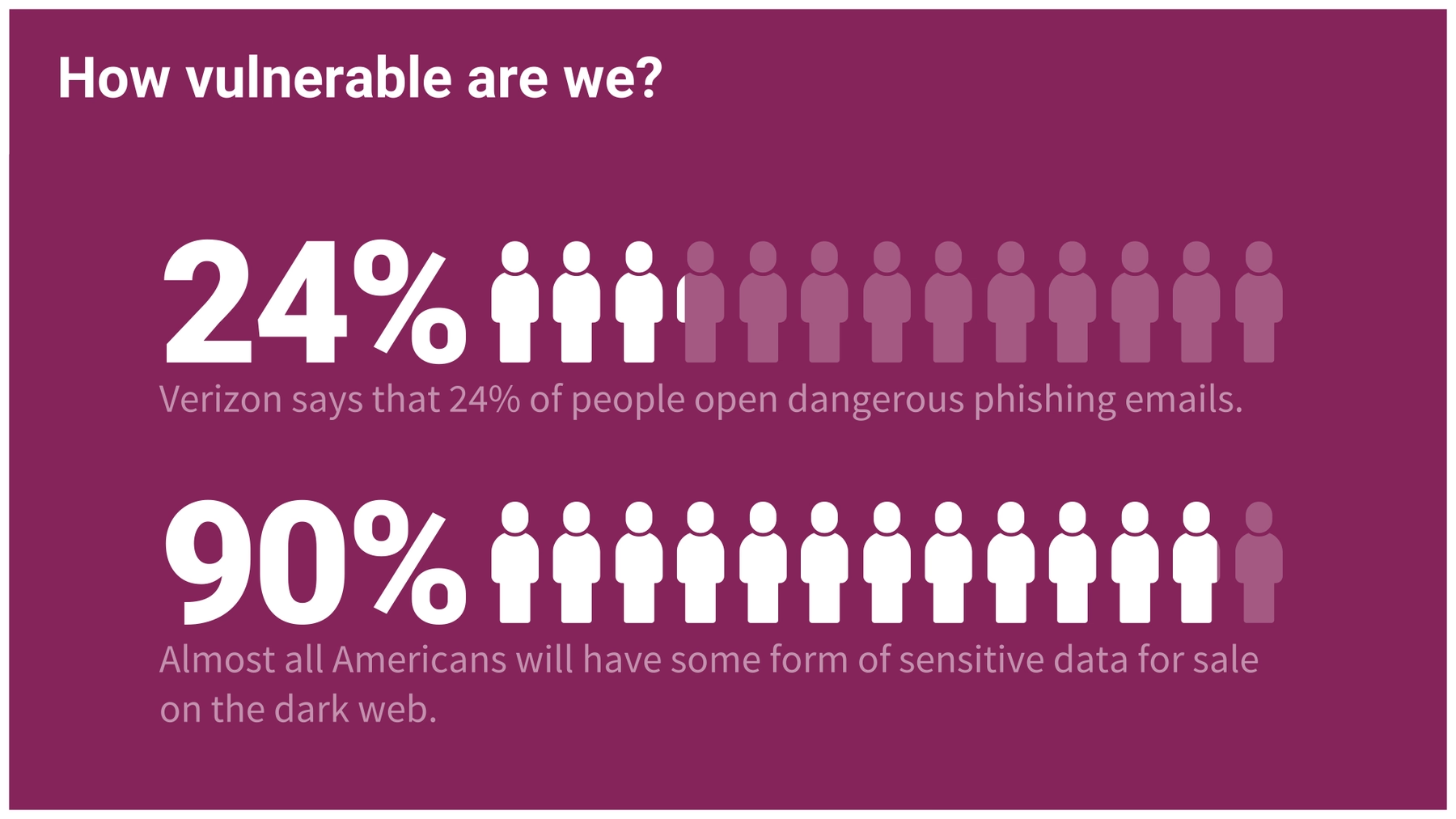
We know what you’re thinking: "That all sounds pretty scary, but those stats are probably embellished." The fact is, though, people are falling for these tricks every day. Verizon claims that 23% of people engage with dangerous phishing emails, and 11% will actually click on the attachments that contain malware (that’s 1 in 10 of us!). And, practically every American will have their info—from passwords, address, date of birth, and possibly even Social Security Number and credit card details—for sale on the dark web.
For the price of around $40, someone could likely buy your info today and use it for any number of harmful activities. And with every passing year, the risks go up dramatically.
Hackers are, literally, everywhere. They’re abroad sending phishing emails, or sitting in your local coffee shop spying on unsuspecting customers’ internet activities. So what else can we do to protect ourselves?
TIPS FOR STAYING SAFE ONLINE
These four tips above are absolutely vital to staying safe online. In today’s world, there are tools out there to help—the problem is, not everyone knows that they exist or assume they’re too complicated to set up.

TIP #1: ENABLE 2-FACTOR AUTHENTICATION
This adds an extra layer of security to your accounts. You need more than just your password to login; you also need another form of authentication, often in the form of a code sent to you via text to your phone. With 2FA enabled, even if a hacker has your password, your account cannot be breached, since they likely won't have access to your phone as well.

TIP #2: USE A VPN ON PUBLIC WIFI
Public WiFi—like you'd find at a coffee shop—is unencrypted, meaning anyone can access your sensitive data. A VPN is an app that encrypts your web traffic, making it 'invisible' to hackers and keeping your private info safe.
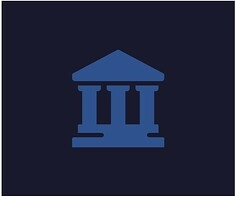
TIP #3: CHECK CREDIT EVERY MONTH
With apps today, you can check your personal or company's credit score in minutes without fear of your score dropping. Check it regularly, and look for any suspicious activity like new accounts. If something seems off, report it immediately. We've had good luck with free options like CreditKarma.com.
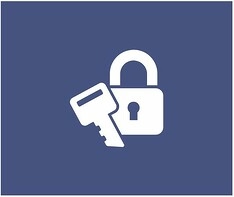
TIP #4: UTILIZE A PASSWORD MANAGER
A password manager helps defend against criminals by generating and storing a different password—one that's long and complicated—for each of your online accounts. We've used both Last Pass and 1Password and found them to be solid options.
If there’s one thing I want you to come away with from this post, it’s a new awareness for the severity of the problem. With that knowledge, you’ll be more inclined to sniff out scams and protect yourself. Right now, hackers are preying on the fact that the general public doesn’t take cybersecurity seriously. If you do, you’ll significantly reduce your risk of becoming a victim.
After all, it’s like installing an alarm system on your house, putting up security cameras, and placing a giant “beware of the dog” sign on your gate. It won’t make it impossible for burglars to rob you, but in all likelihood, they’ll move onto another house with less security.
The same applies here. Make yourself secure and the bad guys will likely look elsewhere.
View this guide as a presentation by clicking here or scrolling through below.

